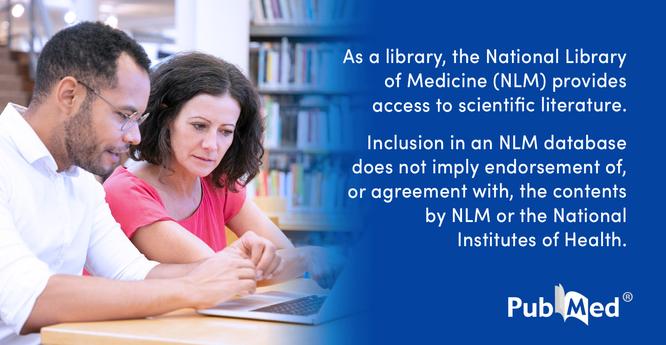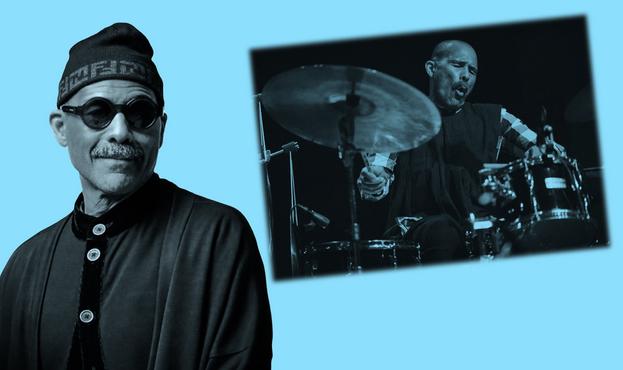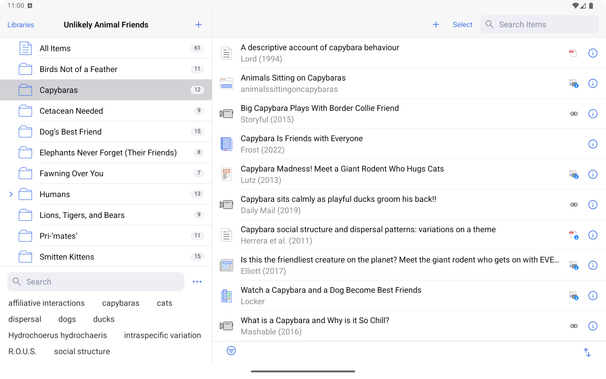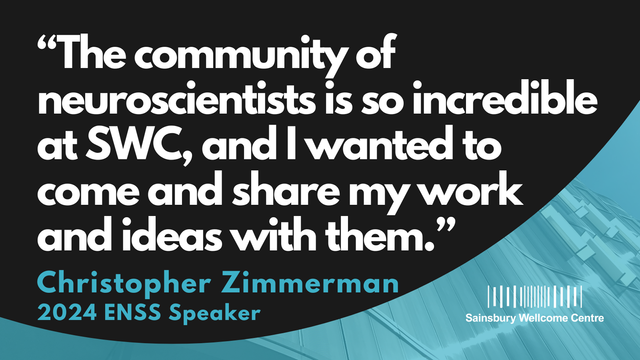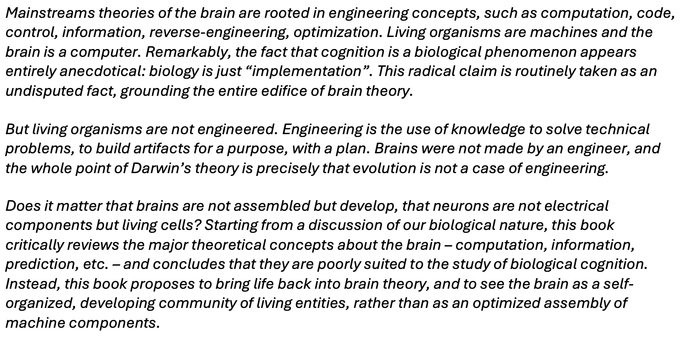Things are tough right now, so it's nice to share something good. Last month I was invited to be a panelist at *An Evening with Neuroscience*. The panel is part of an annual public outreach event hosted by Grey Matters, a student run publication at University of Washington dedicated to making neuroscience accessible.
It was a blast, taking audience questions and discussing the state of the field with much more highly qualified neuroscientists than myself. But it was also a really surreal full circle moment for me - I helped found Grey Matters almost 15 years ago in undergrad. I was its first senior editor. I remember when a member pitched the inaugural Evening With Neuroscience. I even coined the event's name!
I'm so proud of what Grey Matters has become. They've published 31 issues, started chapters at undergraduate institutions across the US, and become a non-profit. It has taken on such a life of its own that, despite still sticking surprisingly close to our original mission and operational structures, folks didn't know who the founders were for a number of years - until a student I work with saw me drinking from a Grey Matters mug I've managed to hang onto. It's incredible to see how it has developed.
Sometimes it's hard to savor these moments when the future I've worked so hard towards - and come so close to - is being wrenched away. But I'm putting this out there as a reminder to myself and others that, even in today's awful climate, sometimes things still work out.
Anyway, check out Grey Matters if you have some time. Gives me hope the kids are alright
https://greymattersjournal.org/
